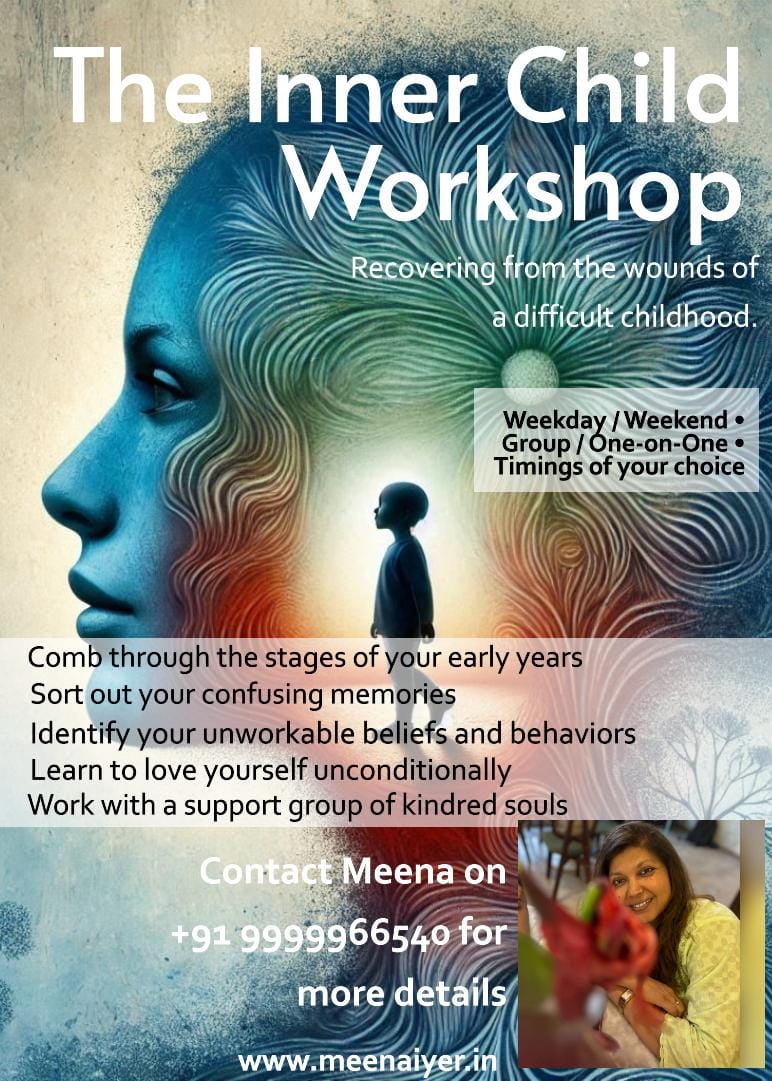Coming Home to You – The Heart of Recovery
Recovering the Lost Pieces of You
Somewhere along the way, pieces of you scattered—like puzzle pieces slipping through your fingers, lost in the rush of life. The sad, angry, fearful, guilty, and ashamed parts. The joyful, spontaneous, creative, loving, and carefree parts. Some were buried beneath expectations, others tucked away for safety. You learned to survive, to perform, to meet the unspoken demands of the world. But in doing so, did you lose yourself?
To recover is not merely to heal, but to RE-cover—to gather, hold, and welcome back the lost fragments of your being. It is a return, a remembering, a coming home to yourself.
The Pieces That Fell Away
Somewhere in childhood, you were told to be good, to be quiet, to fit in. Your sadness made others uncomfortable, your anger was too much, your joy too loud. So, you tucked those feelings away, wrapped them in silence, convinced they had no place in the world. Over time, you lost touch with them.
Then came the pressure—the weight of achievement, of being responsible, of proving yourself. You measured your worth by grades, by promotions, by targets. The carefree child who once danced in the rain learned to check the weather first. The creative soul who once built castles from dreams was told to be practical. Piece by piece, you became a version of yourself that felt safer, more acceptable, but perhaps… less whole.
The Call to Return
One day, something shifts. Maybe it’s exhaustion, a whisper of discontent, a longing you can’t name. Maybe it’s a crisis—a heartbreak, a loss, a moment where the mask cracks. You feel an emptiness, a question rising within: Who am I beneath all this?
The answer is waiting—not outside, but within. You are still there. The pieces you lost didn’t disappear; they are simply waiting to be found.
The Journey of Recovery
- Acknowledging What Was Lost
Begin by noticing. What parts of yourself have you abandoned? What emotions feel foreign or unsafe? What dreams did you once hold dear? This is not about regret but about recognition. - Welcoming the Uncomfortable Pieces
Your sadness, your anger, your fear—they are not your enemies. They are messengers. Hold them gently, listen to their stories. What were they trying to protect you from? Healing begins when you stop exiling parts of yourself and start holding them with compassion. - Reclaiming Joy and Spontaneity
Joy isn’t just for children. Creativity isn’t frivolous. Love doesn’t have to be earned—it simply is. Dare to invite these pieces back into your life. Sing off-key. Laugh too loudly. Do something just because it delights your soul. Every act of joy is an act of self-recovery. - Rewriting the Narrative
You are not who the world told you to be. You are not your achievements, your failures, or the roles you play. You are a whole, beautiful being—worthy, lovable, and enough. What new story will you tell about yourself? - Holding Yourself with Love
Recovery is not a destination; it is a lifelong unfolding. Be patient. Be kind. Hold yourself like you would a dear friend. Every time you choose self-compassion, you bring another piece of yourself home.
Becoming Whole Again
You were never truly broken—only temporarily scattered. Every tear, every longing, every moment of reconnection is a step back toward yourself. And as you gather these lost pieces, you will find that you were always enough. Not because of what you’ve done, but because of who you are.
Welcome home. 💛
Meena Iyer
Psychologist, NLP Master Practitioner, Inner Child Healer, Sobriety Coach, Breathwork Facilitator.
https://www.meenaiyer.in/

Leave a Reply